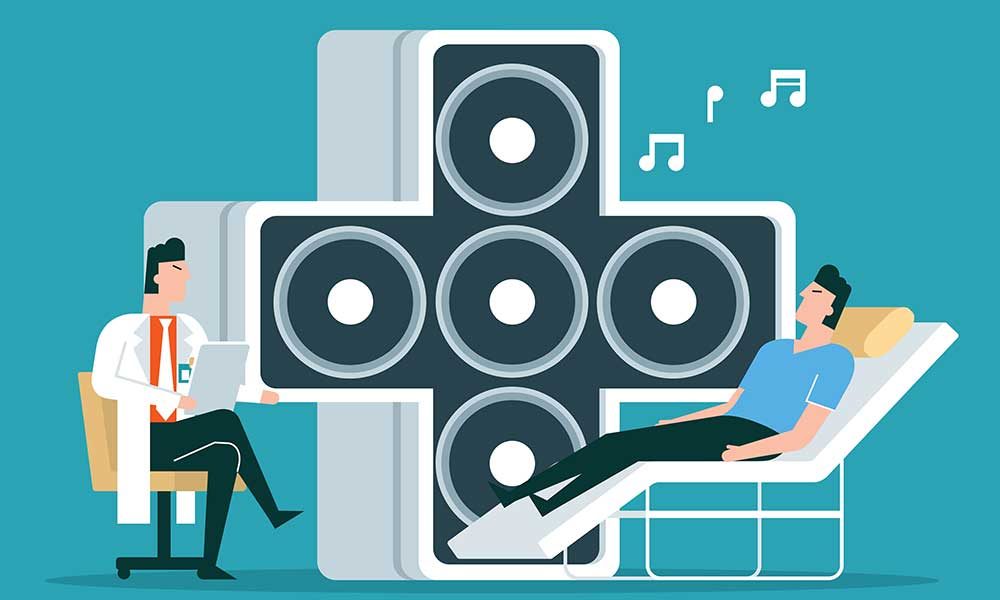Music Prescribed For Alzheimer’s Patients And Medical Staff In NHS Trial
Trials are taking place at an NHS trust in England to find out if prescribed music playlists can reduce suffering in Alzheimer’s patients.

Trials are taking place at an NHS trust in England to find out if an algorithm can curate music playlists to reduce suffering in Alzheimer’s patients. This week Lancashire teaching hospitals NHS trust extended trials to medical staff who worked in critical care during the coronavirus pandemic to find out if it can ease anxiety and stress. The tests are also going to be extended to recovering critical care patients, needle-phobic children and outpatients with chronic pain.
A trial of people with Alzheimer’s at the Lancashire NHS trust found that an algorithm that prescribed music based on listeners’ backgrounds and tastes reduced heart rate and also lowered agitation and distress in some cases.
“There has been an up to 22% reduction in heart rates”
Dr Jacqueline Twamley, academic research and innovation manager, told The Guardian, “There has been an up to 22% reduction in heart rates in these patients. Some people it doesn’t affect the heart rate at all, but you can see the effect in their facial expressions and in them tapping along.”
The playlist is compiled partly by considering the patient’s music tastes, based on the listening preferences on their streaming service if they have one, and also examines their personal background including age, gender, nationality and ethnicity. The playlist for a patient in their 90s might include big band music and a prescription for a patient in their 50s might include Paul McCartney.
The system evaluates different qualities of the songs, including tempo, key and time signature, which can affect the heart rate and blood pressure response. ‘Red flag tracks’ that may upset the patient are filtered out. The technology plays songs to patients and monitors their hear rates as they listen. If the prescribed songs do not seem to work an algorithm, which is linked to a streaming service, can change the tracks.
Listening to music can lower blood pressure and reduce stress
Listening to music can lower blood pressure and reduce stress. Numerous studies have indicated the value of music therapy in the management of patients with Alzheimer’s disease, chronic pain, and on managing anxiety and depression in dementia patients, and the trial at the Lancashire NHS trust in England aims to build on this research.
Unwind with our selection of relaxing classical music on Spotify.
Do you want to be the first to hear the latest news from the classical world? Follow uDiscover Classical on Facebook and Twitter.




